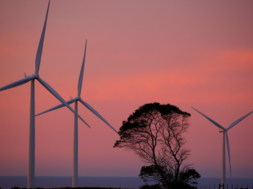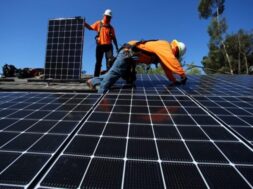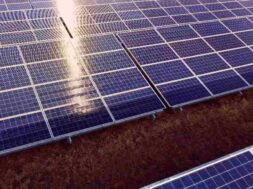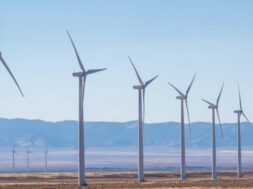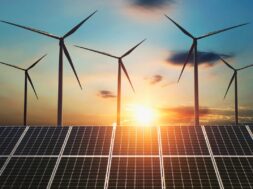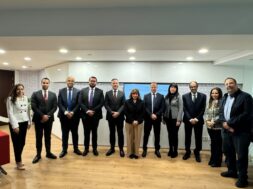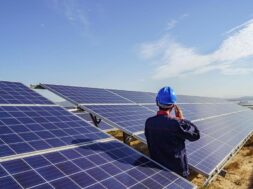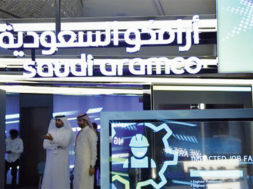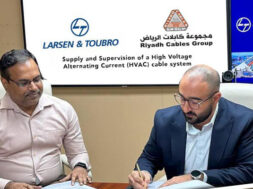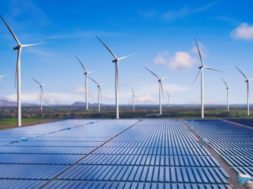
The International Solar Alliance (ISA) has partnered with Grid Controller of India Ltd (Grid-India) and West African Power Pool (WAPP) to host a knowledge-sharing and study tour for 60 participants from thirteen West African countries. The program aims to disseminate best practices, increase solar deployment globally, and strengthen the solar ecosystem in ISA member countries.
ISA leads the way in making solar power a priority
Dr Ajay Mathur, Director General of ISA, emphasized the need to encourage capacity building and disseminating best practices to increase solar deployment globally. ISA’s mission is to unlock US$1 trillion of investments in solar by 2030, reducing the cost of technology and its financing. In this program, tailored capacity-building support adapted to the local context will set standards, help strengthen solar ecosystems, trigger policy change and create financial and human capacity. This program has led to a deeper understanding of solar energy implementation.
India shares its experience
R.K. Singh, Union Minister for Power and New & Renewable Energy & President of ISA Assembly, has appreciated the importance of knowledge sharing and capacity building. He stated that India’s journey in energy has been comprehensive, satisfying, and has thrown up experiences that are useful for the growth of energy ecosystems globally. In developing countries, renewable energy plus storage is the route to take. The Minister also mentioned that energy access is of primary importance, and India has prioritized universal access by adding generation capacity, connecting the whole country on one grid, and successfully undergoing an energy transition.
Grid India’s unique and defining partnership with West Africa
S.R. Narasimhan, Chairperson & Managing Director of Grid Controller of India Limited, has explained how India-West Africa partnership is unique and defining. Both India and West Africa are considered the cradle of human culture and civilization, and both are on an upward trajectory with renewed confidence. India began its journey on the integration of grids way back in the 1960s, and the national synchronous grid provided the perfect ecosystem for integration. Today, India has 60 GW solar capacity (out of which 7 GW is rooftop) and 42 GW wind capacity, and it has already reached 32% instantaneous MW penetration of wind and solar. This knowledge exchange and study tour is the first step towards creating a long-lasting partnership and collaboration between WAPP and India.
WAPP’s take on the need for renewable energy integration
Mamadou Alpha SYLLA of WAPP has said, “Africa will account for one-fourth of the world population by 2040. There is fast-increasing electricity demand, but the industrialization rate is low. In the WAPP countries, the challenge is to promote integrated economic development and provide energy for all. In addition, we need to secure financing for the realization of utility-scale renewable energy projects in West Africa, integrate variable renewable energy into the WAPP power grid, and bridge the green skills gap in the electricity sector. With this ISA-led knowledge-sharing opportunity, we also intend to pick up the essentials of regulatory functions in securing a secure electricity market.”
The program participants include officials from ministries, statutory, regulatory bodies, and utility companies from participating African nations. The study tour highlights classroom sessions and interactions in New Delhi and Bengaluru, visits to Pavagada Solar Park, Southern Regional Load Dispatch Centre, and Southern Regional Renewable Energy Management Centre. The program agenda provides participants with insights into global and Indian solar energy scenarios, policies, guidelines, and regulations overview for renewable energy in India from a solar energy perspective. The study tour is being conducted in three batches over February and March 2023.

